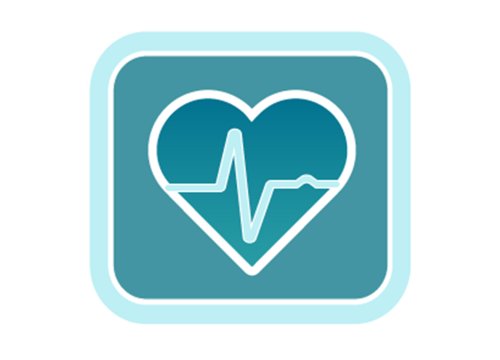Authors: Y Jin, H Kim, S Min, YS Choi, SJ Seo, E Jeong, SK Kim, HA Lee, SH Jo, JH Park, BW Park, WS Sim, JJ Kim, K Ban, YG Kim, HJ Park, SW Cho
Science Advances, Vol. 8, No. 50, 2022
Direct cardiac reprogramming to repair and regenerate damaged heart tissue following myocardial infarction is a promising therapeutic approach, but incomplete cardiomyocyte maturation and low conversion efficiency present challenges. In this study, scientists investigate the use of three-dimensional (3D) decellularized heart tissue as a scaffold to enhance stem cell differentiation and maturation into cardiomyocytes. To examine cardiomyocyte function in 2D cultures compared to 3D hydrogel (Matrigel) cultures, the scientists used Axion’s noninvasive, label-free microelectrode array (MEA) system, demonstrating enhanced function in the decellularized matrix model in vitro. Overall, the authors report that the chemically induced cardiomyocytes in the 3D microenvironment “exhibit elevated cardiac marker expression, sarcomeric organization, and improved electrophysiological features and drug responses,” and suggest the platform may facilitate their use in regenerative medicine, disease modeling, and drug screening.
